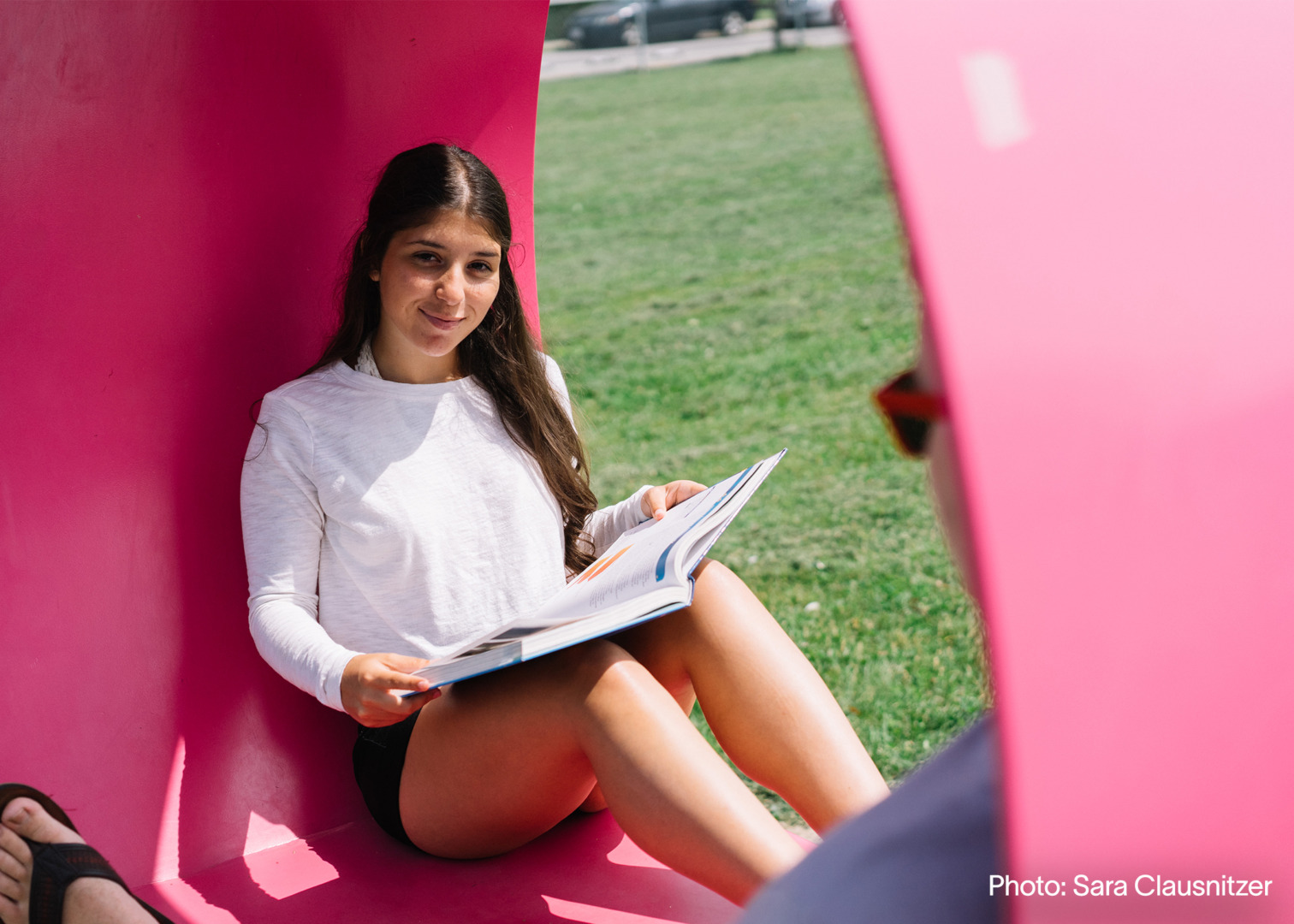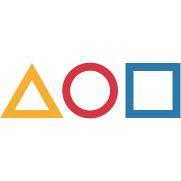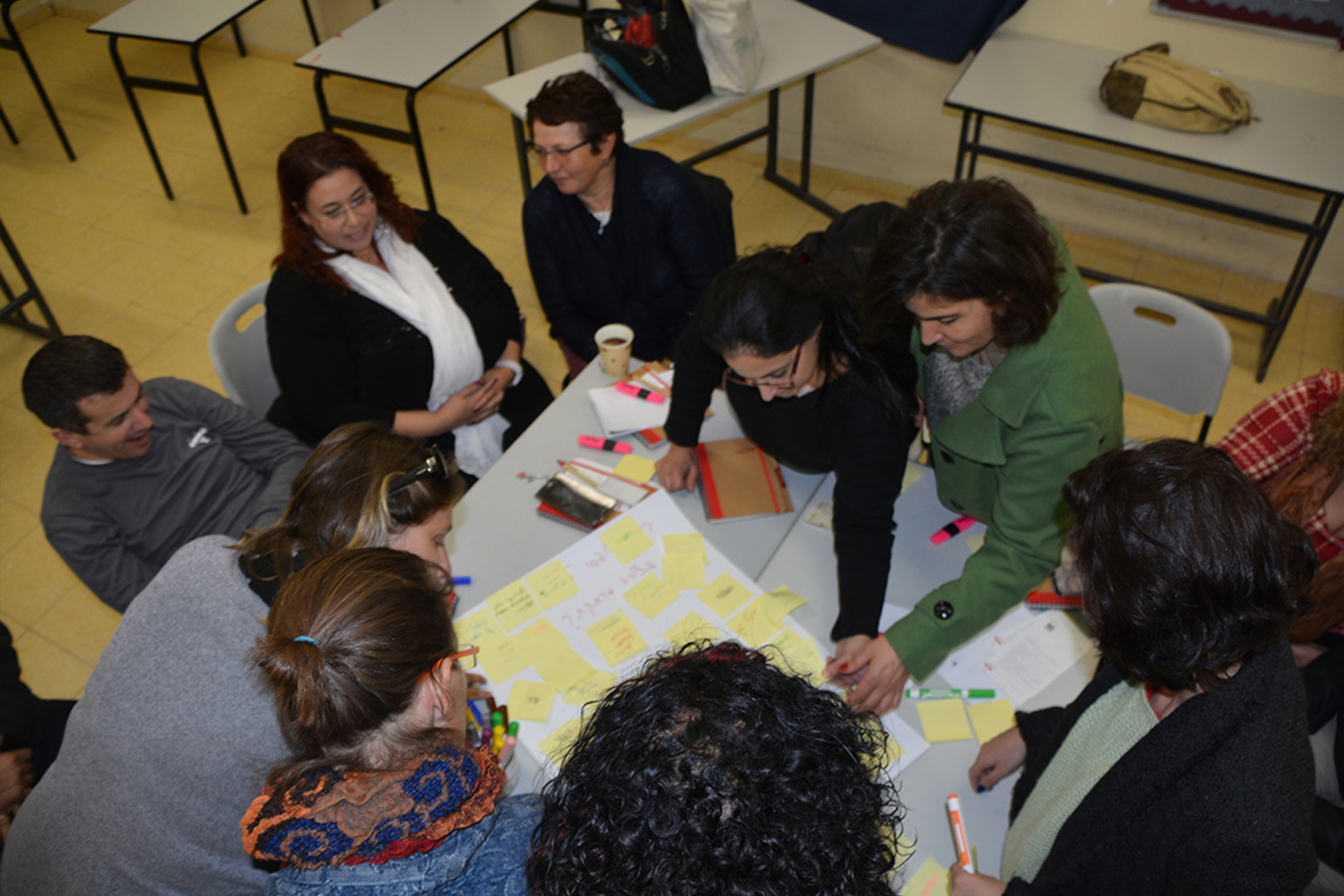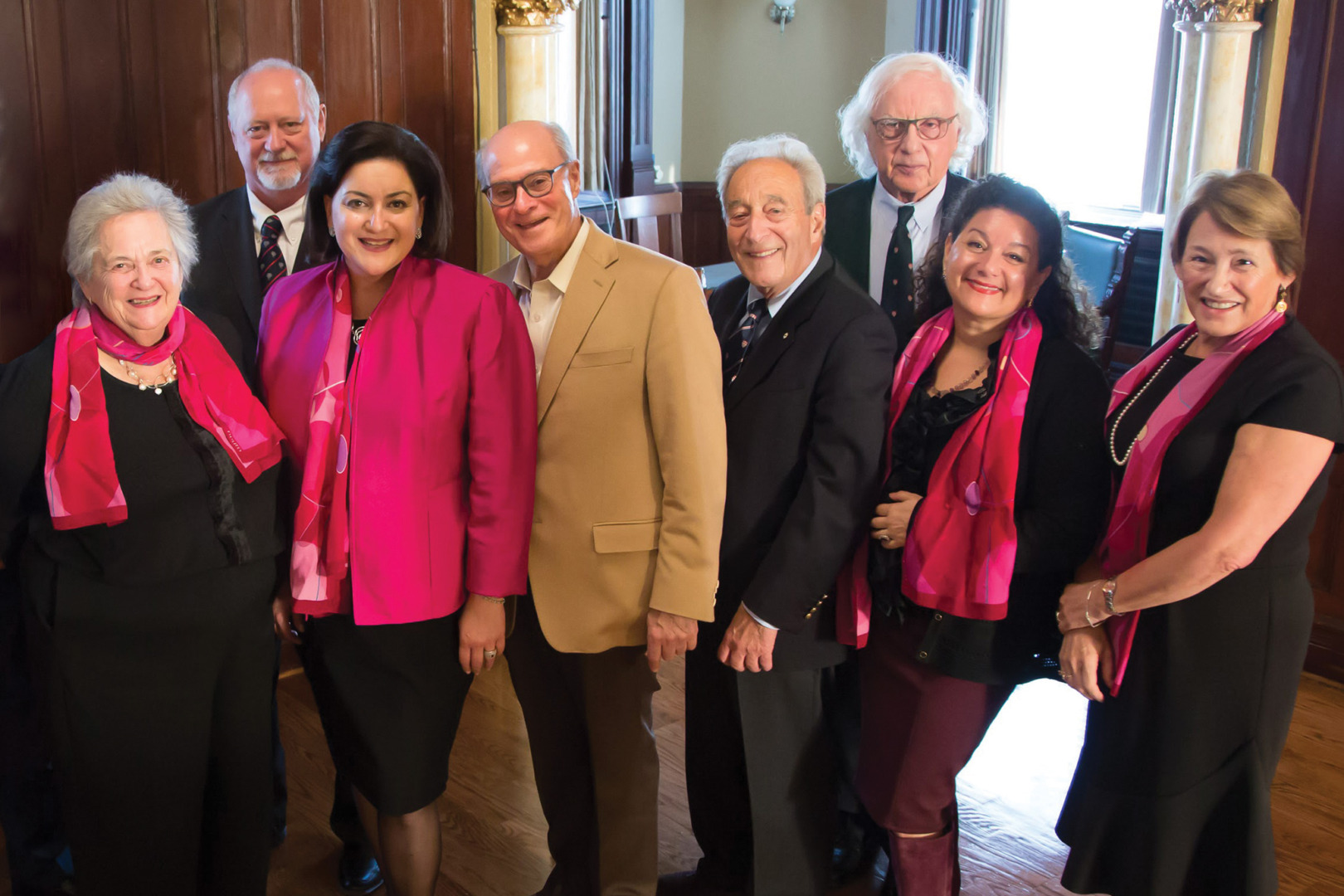The mission is straightforward: help kids graduate from high school. But with youth from low-income communities facing so many barriers to education, the solution is not so simple.

Pathways to Education knows this issue well. Founded in Toronto’s Regent Park neighbourhood in 2001 to address high drop-out rates, Pathways now has 32 locations across Canada and has helped students persevere in school for more than 20 years.
The program’s proven effectiveness catalysed its expansion into eight provinces with government and philanthropic support, including the Azrieli Foundation as its National Innovation Partner.
Communities that work with Pathways to Education see significant increases in their graduation rates. The organization achieves these impressive results through the Pathways Model, a comprehensive set of supports that helps students overcome financial and circumstantial barriers. The model consists of individually tailored plans, tutoring, social support, career-focused mentoring, financial assistance and support with future planning.
The Pathways Alumni Network provides built-in support for program graduates by helping them stay connected to resources and remain involved in the community.

Those at Pathways to Education understand that school perseverance is not a “one-size-fits-all” endeavour. Innovation and adaptability are essential to the program’s strategy.
Pathways partners with local organizations to ensure its programming is appropriate for the community’s specific needs. As its program expands, it has also developed alternative delivery models. In one location, Pathways supports youth on an as-needed basis (normally participation is continuous); in another, it provides new cell phones to students who have moved out of the catchment area to see if addressing connectivity barriers will encourage continued participation.
The focus on virtual alternative methods has accelerated due to the pandemic. COVID-19 has had a disproportionate impact on low-income communities, creating further challenges for students who lack remote learning essentials like reliable internet and suitable study spaces. In these difficult circumstances, Pathways has been able to incorporate new technologies into their programming, assisted by flexible funding from the Azrieli Foundation.
One such example is a low bandwidth video platform that allows students with unreliable internet to stay connected with staff. Hybrid and virtual program delivery has not only become more important during COVID, it will remain part of Pathways’ future, ensuring its impact is sustainable in the long term.

Although providing students with the tools and supports they need to successfully complete high school is Pathways to Education’s first goal, the impact goes far beyond improving graduation rates. The Pathways Program has a positive effect on employment, annual incomes and chances of pursuing post-secondary education or training.
These positive outcomes also have several big-picture societal benefits: they help interrupt the cycle of generational poverty, improve standards of living and promote economic growth.
The Azrieli Foundation has always promoted education as the greatest accelerator of success. Organizations like Pathways to Education, which help students persevere in school, have far-reaching effects that contribute to stronger, healthier communities.








